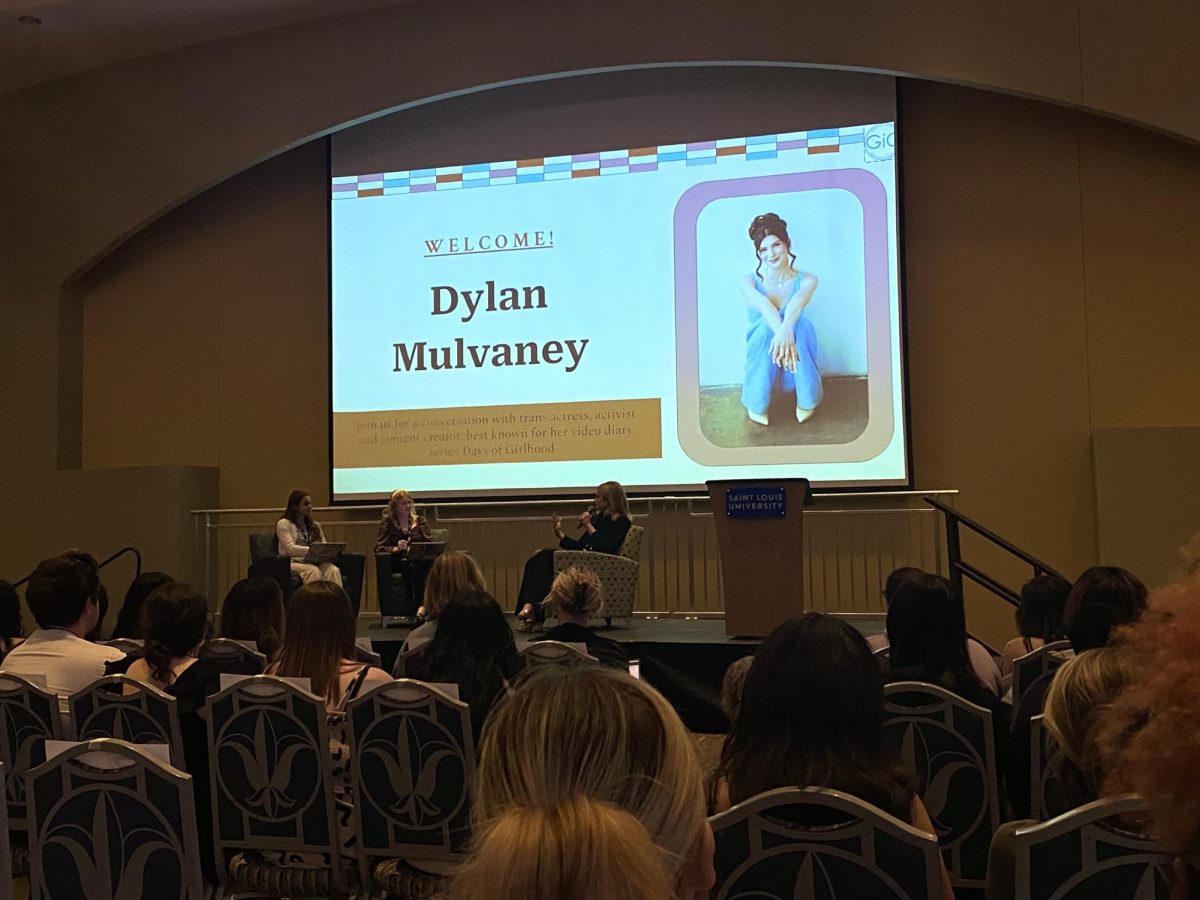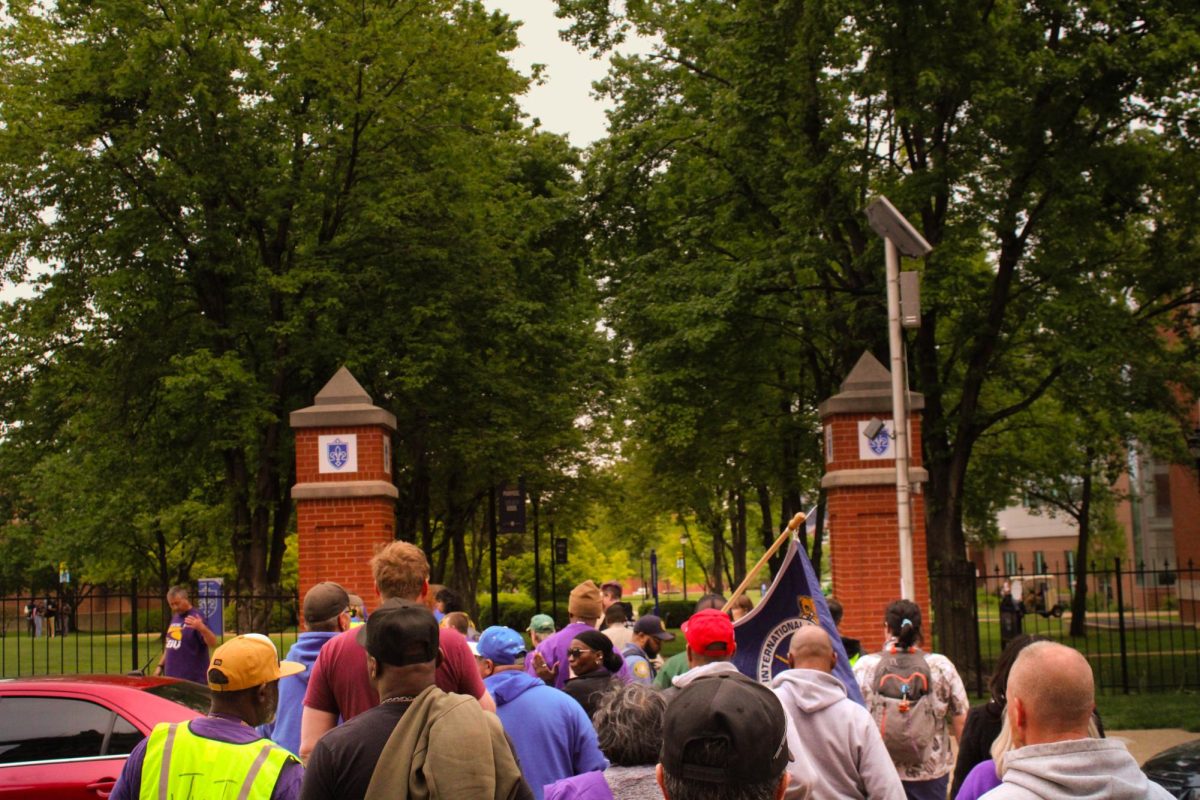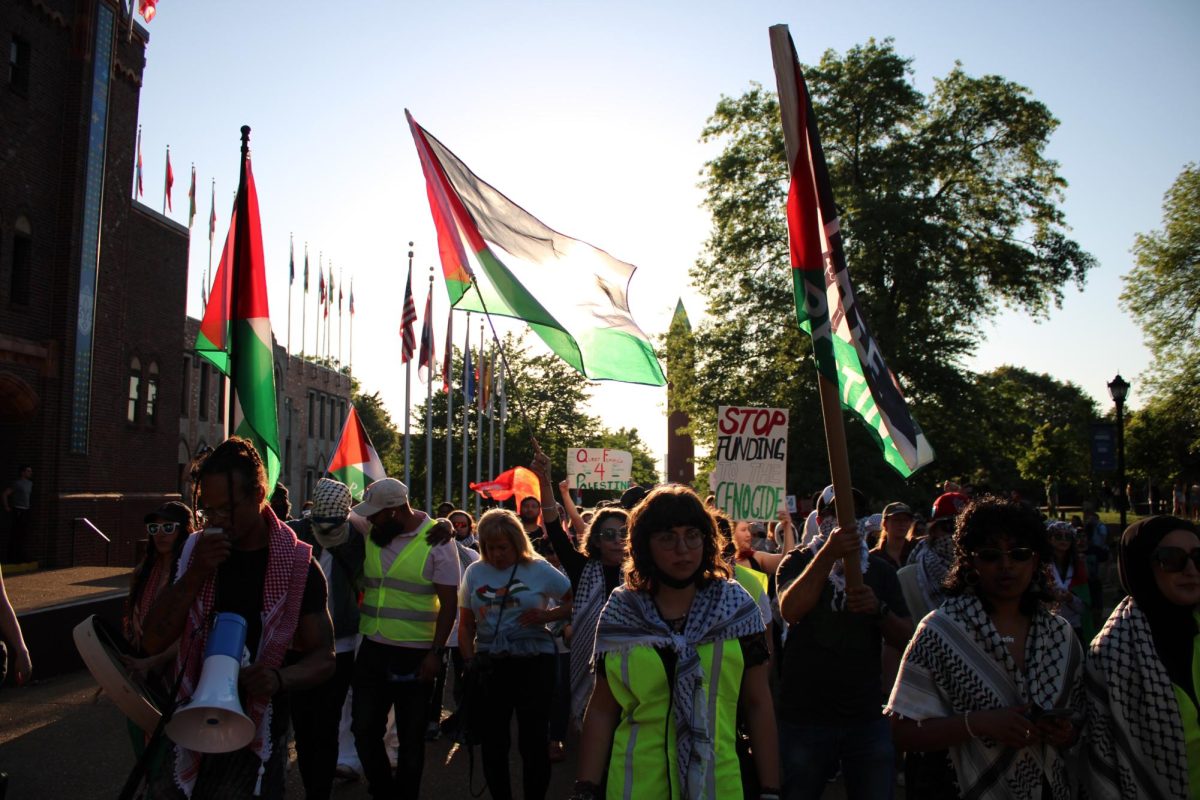G. Simon Harak, S.J., in an interview on Tuesday said that the goal of the United States with regard to current sanctions against Iraq can be about only one thing: control of oil in the Middle East.
Harak came to Saint Louis University as a speaker for the Mev Puleo Speakers series. Currently a member of “Voices in the Wilderness,” a humanitarian group protesting the sanctions against Iraq, Harak has been to Iraq three times. He brought medicine and toys to Iraqi hospitals, publicly violating the terms of the sanctions.
The source of the problem, according to Harak, is the U.S. and U.N. control of Iraqi spending through the Oil-for-Food Program. The Program places the earnings of the Iraqi oil industry into a U.N. escrow account. Committee 661, formed from Resolution 661, monitors all orders that Iraq places. Payment comes directly from the U.N. account, so that no direct Iraqi control exists over the money.
Fifteen members from the U.N. Security Council compose Committee 661. These members have the power to veto any contract that is filtered through the committee, said Harak. This veto power has been used frequently, and the United States and Great Britain have made 98 percent of the vetoes, according to Harak. In addition, every contract that is made must be completed and shipped in six months, or else it is canceled, thus increasing the effectiveness of pocket vetoes.
“They will approve the insulin but not the needles to administer it. They will approve the IVs but not the catheters,” said Harak.
Iraqi hospitals were forced to store the insulin in one of their few refrigerated warehouses and were subsequently accused of hoarding supplies, Harak said. Other contracts that were vetoed include communication tools and crucial contracts that impact large areas of oil production, the electric grid and water treatment.
With regard to possible weapons of mass destruction possessed by Iraq, he said that no such weapons exist. Referring to a conversation he held with a U.N. inspector, he said that they knew no weapons were held within Hussein’s recently built palaces before they searched them because of constant satellite surveillance of palace construction. The United Nations searched the palaces “for the principle of the thing,” according to the inspector.
Harak also targeted increasing weapons sales to countries surrounding Iraq as a matter of concern: $100 billion has been made in weapons sales since 1991. He proposes a general disarmament of all Middle Eastern countries, a release of sanctions and routine weapons inspections of Iraq.
“The more you threaten, the more insecure you are and they are,” said Harak.






